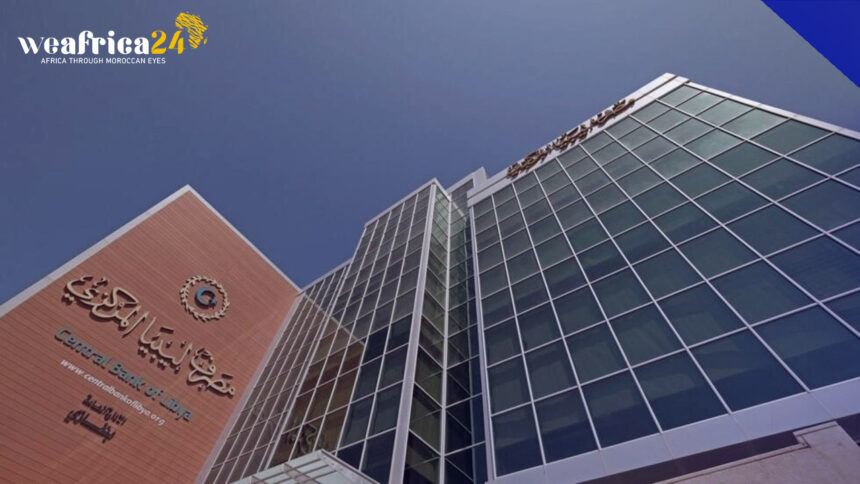The ongoing monetary controversy deepens as Aguila Saleh, President of the Tobruk-based House of Representatives in eastern Libya, announced on Thursday, March 14, 2024, a reduction in the value of the Libyan dinar by imposing a 27% tax on currency purchases. Consequently, the new tax depreciates the exchange rate from 4.80 Libyan dinars per dollar to 5.95 and 6.15 dinars per dollar.
Libya’s fundamental issue lies in its escalating budget imbalance, primarily relying on oil revenue. With oil prices stagnating in recent months and prospects of reaching the $90 threshold seemingly slim, the country’s economic outlook remains challenging. Saleh has framed this measure as temporary, not extending beyond 2024. However, it has faced widespread rejection from parliamentarians, who have threatened legal action in response.
This move to adjust the dinar’s exchange rate against foreign currencies follows a contentious proposal by Central Bank Governor Al-Seddik Al-Kabir. He argued for the necessity to “address the market’s demand for currencies” and alleviate “the challenges faced by the Central Bank.” Al-Kabir suggests that this decision could generate approximately $12 billion in revenue, mitigating some effects of the public debt.
Nevertheless, parliamentarians, including Fawzi al Nouwairi, the First Vice President of the House of Representatives, vehemently oppose the decision, labeling it as “false” and warning of “catastrophic” consequences. A petition signed by thirty other parliamentarians calls for a revision of the decision, deeming it “unjust” and illegal as it was not subjected to a parliamentary vote and encourages off-budget expenditures.
Despite counsel from economists at Benghazi University, sought by the Parliament, advising against the decision, it appears their recommendations were overlooked.
Despite surpassing Nigeria in February to become Africa’s leading oil producer, Libya faces significant challenges. Public expenditures soared to a record 165 billion dinars in 2023, with the Libyan Audit Bureau criticizing the lack of transparency in spending.
The Libyan government’s attempt to address economic challenges through currency taxation has sparked significant controversy and opposition, highlighting the complexities facing the nation’s economic recovery efforts.







